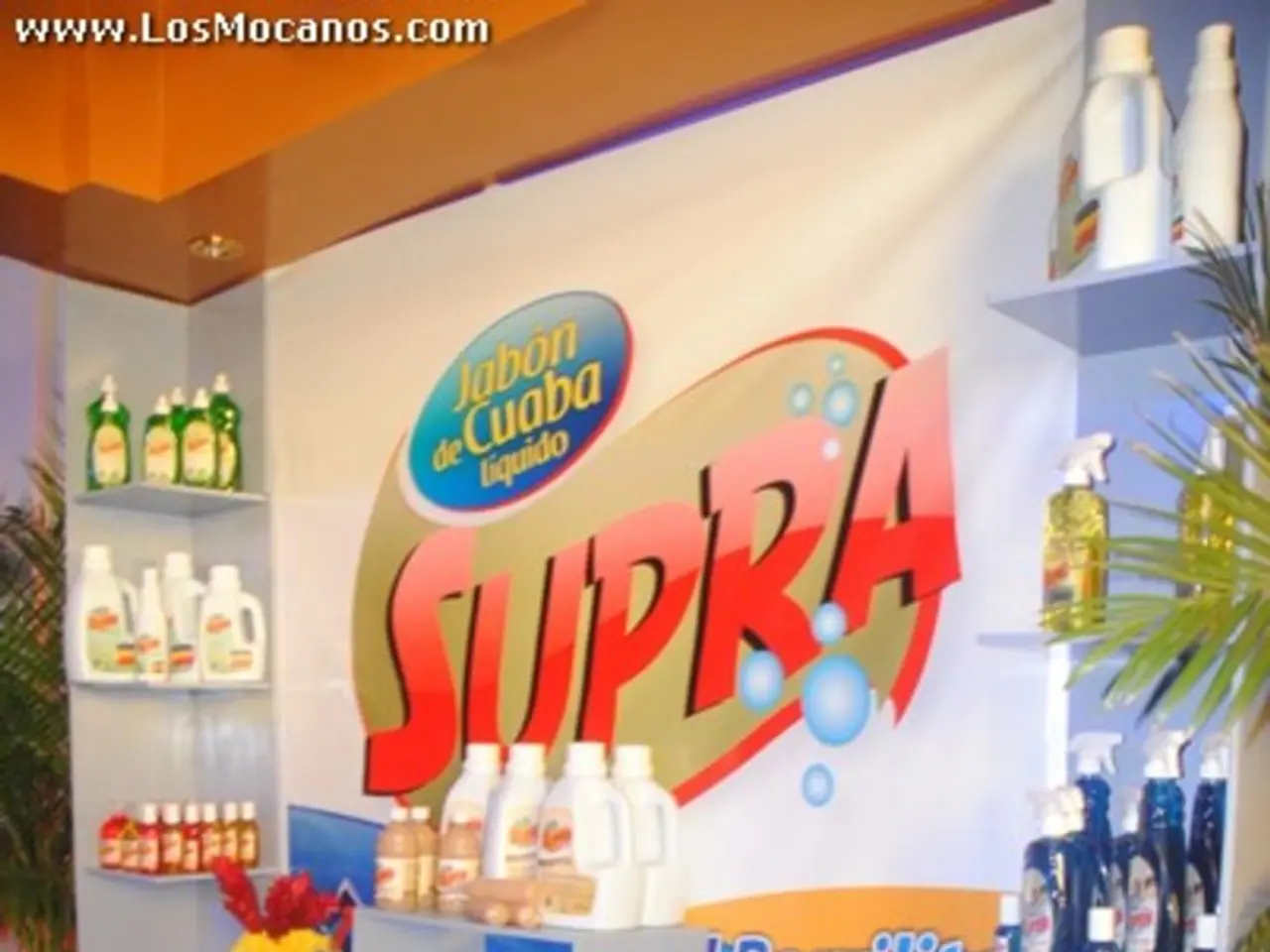Skin Care Simplified: Embracing Rosemary for a Sustainable Beauty Regimen
In the ever-evolving world of cosmetics, companies are seeking to become more sustainable by adopting strategies that focus on local and sustainable ingredients, minimal waste, and eco-ethical practices. This transition not only meets modern regulatory demands but also aligns business success with eco-ethical stewardship.
One such ingredient that has gained prominence is Rosemary. Known for its multifaceted benefits, Rosemary is a natural anti-inflammatory ingredient that can soothe skin irritation and reduce inflammation. It also stimulates the lymphatic system to remove toxins and keep skin balanced and healthy. Moreover, Rosemary's high concentration of antioxidants like vitamin E makes it an ideal ingredient for anti-aging products, helping to fight the signs of aging.
Rosemary is a widely accessible ingredient, known to require minimal resources to grow and process. This aligns perfectly with the principles of sustainability, making it a popular choice among conscious consumers known as preservationists. Preservationists are individuals who consider eco-ethical factors like sustainability and waste reduction when choosing a product or supporting a brand. They often look for cosmetic brands that incorporate locally sourced and traditionally used ingredients.
Provital, a company that aligns with the minimalist eco-ethical lifestyle desired by preservationists, offers the Rosemary Eco ingredient. This COSMOS-certified, highly concentrated Rosemary extract is a testament to Provital's commitment to sustainable and effective beauty products.
Innovations in sustainable packaging are also crucial in the quest for a greener cosmetics industry. Companies are turning to biodegradable materials made from plant-based polymers, recycled ocean plastics, and compostable components to reduce waste and improve recyclability. These steps align with increasing regulatory pressures like the EU Green Deal mandates.
Moreover, reducing waste in product design and manufacturing is equally important. Developments like waterless beauty products and promoting product refill systems not only extend packaging lifecycles but also diminish landfill contributions.
Ensuring environmental accountability and transparency is another key aspect. Companies are complying with stricter regulations on harmful ingredients, eliminating microplastics, PFAs, and endocrine disruptors. They are also providing clear, verifiable information on ingredient sourcing and environmental impact to consumers, thus building trust and avoiding greenwashing.
Lastly, embedding ethical sourcing and social responsibility throughout the supply chain is essential. This involves implementing governance frameworks addressing environmental, social, and governance (ESG) issues and ensuring fair practices in raw material procurement and labor conditions.
In conclusion, the demands for eco-conscious yet effective ingredients and products are increasing due to the rise of preservationist consumers. By using Provital's Rosemary Eco, preservationists can achieve the cosmetic results they seek while minimizing resource consumption. This holistic approach to sustainable cosmetics not only benefits the environment but also fosters a sense of trust and loyalty among consumers.







